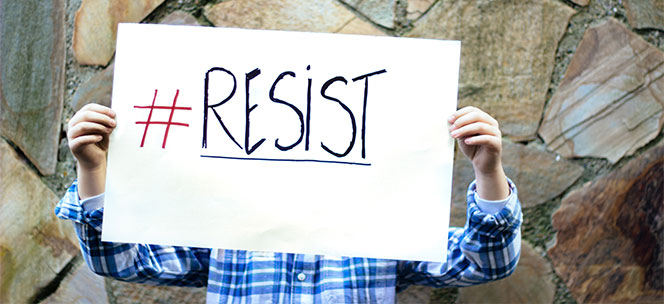Manitoba recognizes its right to resist Ottawa’s carbon tax

Defeating defeatism is a victory.
Premier Brian Pallister has served notice to Ottawa that Manitoba is considering legal action to oppose a federal carbon tax if it fails give the province credit for massive investments in renewable hydropower.
This is an important shift.
There’s been a temptation for Manitoba MLAs to shrug and say a federal carbon tax is inevitable so Manitoba might as well capitulate and go along with the plan.
This has never been true. There is no such thing as inevitability in politics. Bad policies can always be beaten.
Premier Pallister’s threat to oppose a federal carbon tax in court puts to rest the defeatist idea that a carbon tax is inevitable, but the newfound willingness to oppose Ottawa raises new questions.
Premier Pallister is not yet openly opposing a carbon tax, but he’s opposing the federal carbon tax plan that he says would be “extremely damaging to Manitobans and their families.”
Premier Pallister could have made his demands privately and asked lawyers to quietly explore legal options, but the public announcement makes clear he’s using the threat to strengthen his negotiating position.
Unfortunately, even the strongest negotiator is unlikely to move Prime Minister Justin Trudeau. It’s not that the prime minister is inflexible – he’s broken promises regarding electoral reform and deficits. But if Prime Minister Trudeau allows Manitoba to impose a lower carbon tax than other provinces, he’ll face an unendurable backlash.
Outgoing British Columbia Premier Christy Clark stomped out of a federal-provincial carbon tax negotiation when it seemed cap-and-trade systems in Ontario and Quebec might place a lesser burden on those provinces and she returned only after Ottawa reaffirmed its promise to reassess parity. On the other hand, imagine what Saskatchewan Premier Brad Wall will say if Ottawa hits his province with a higher carbon tax than Manitoba. It’s hard to believe Prime Minister Trudeau risk incurring the wrath of every other province just to appease Manitoba.
But there are even more important internal considerations.
Manitobans don’t want a carbon tax. A Manitoba government consultation collected comments from 3,700 Manitobans and 59 per cent clearly oppose a carbon tax. Mainstreet Research found that 50 per cent of Manitobans oppose a carbon tax, 39 per cent support it and 11 per cent are unsure. It’s unlikely that overwhelming opposition will shift for even a watered-down carbon tax.
Even worse, a watered-down carbon tax will still increase costs while also losing any pretence that it’ll help the environment. Prime Minister Trudeau is threatening to impose a carbon tax of $50 per tonne, but University of Manitoba researchers recently wrote in the Winnipeg Free Press that a tax of $140 per tonne would be necessary to meet emission reduction targets. If the Manitoba government comes out in favour of a $30 per tonne carbon tax, it will face criticism from all sides for imposing a carbon tax that’s both costly and ineffective.
Ultimately, Premier Pallister is responding to Manitobans’ opposition to carbon taxes and strengthening his resistance to the prime minister’s hasty push for the policy.
While he positioned the move as a pressure tactic to secure more healthcare funding, Premier Pallister refused to sign on to Ottawa’s carbon tax scheme last year. Then he acknowledged a carbon tax will unfairly punish farmers and make them uncompetitive in global markets so he announced agriculture should be exempt from direct carbon taxes (although indirect carbon tax costs will still impact farmers). Now he’s threatening to take Ottawa to court if the carbon tax policy is not sufficiently watered down.
Slowly but surely Premier Pallister seems to be coming to the same conclusion as most Manitobans: a carbon tax is a bad idea that can be stopped. And that’s a small victory.